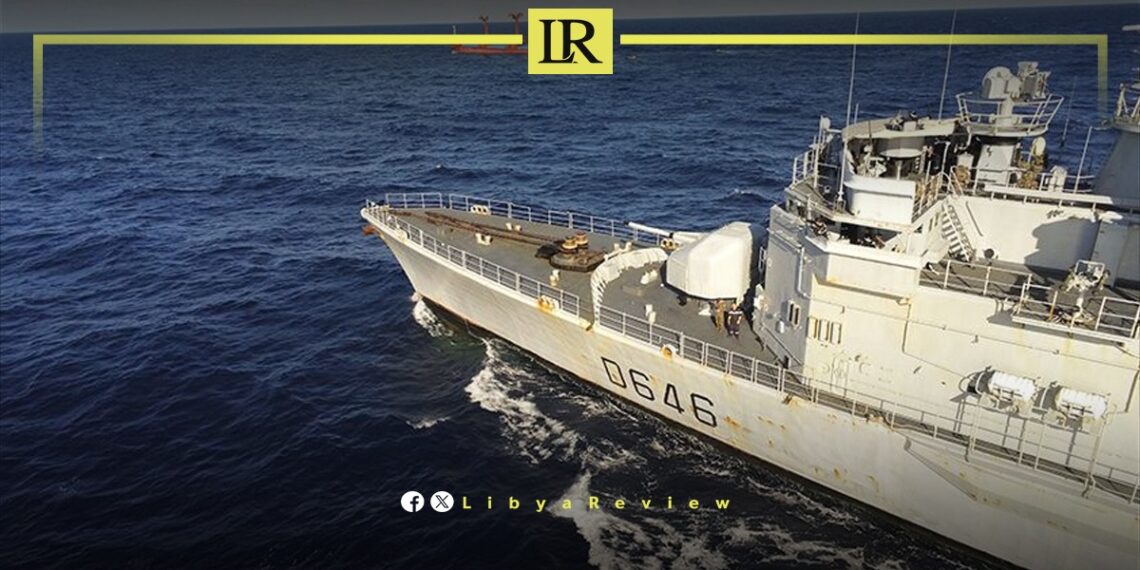Operation EUNAVFOR MED IRINI, tasked with implementing the UN arms embargo on Libya, reported 10 suspicious flights to Libya in March.
In a statement, Operation IRINI noted that it conducted 3 visits aboard ships suspected of violating the arms export ban and communicated with 352 other merchant vessels via radio calls during the same month.
The statement confirmed that Turkey is the only country that has refused to allow suspected ships to be boarded and inspected since the establishment of Operation IRINI three years ago.
Last month, IRINI said it has investigated 553 merchant vessels via radio calls (out of 13159) and carried out no visits on ships with Masters’ consent (out of 597). It added that it has also monitored 20 suspect flights (out of 1356) and continued to monitor 25 airports (and landing strips) and 16 ports (and oil terminals) in January.
The European Union’s Council initiated IRINI on March 31, 2020, aiming to enforce the arms embargo and promote stability in Libya.
Since its inception, IRINI has inspected 26 suspect vessels and seized contraband cargos in violation of the arms embargo, redirecting them to EU Member State ports.
However, challenges persist, with Turkey denying consent to board and inspect suspect vessels on 11 occasions.
In Febuary, the German government extended the country’s involvement in Operation IRINI for an additional year. This extension permits the deployment of up to 300 German military personnel to the mission, which is focused on enforcing the United Nations-imposed arms embargo on Libya.
According to a statement from government spokesperson Steffen Hebestreit at a press conference in Berlin, Germany’s contribution to the mission is set to continue until April 30 of the next year.
The German military currently has approximately ten personnel actively engaged in the operation, performing aerial surveillance and supporting the mission’s headquarters in Rome.
Hebestreit noted Germany’s commitment to the European Union’s common security and defense policy and its dedication to contributing to Libya’s stabilization. He also referred to the challenges facing Libya, including political fragmentation and a stalled peace process.


